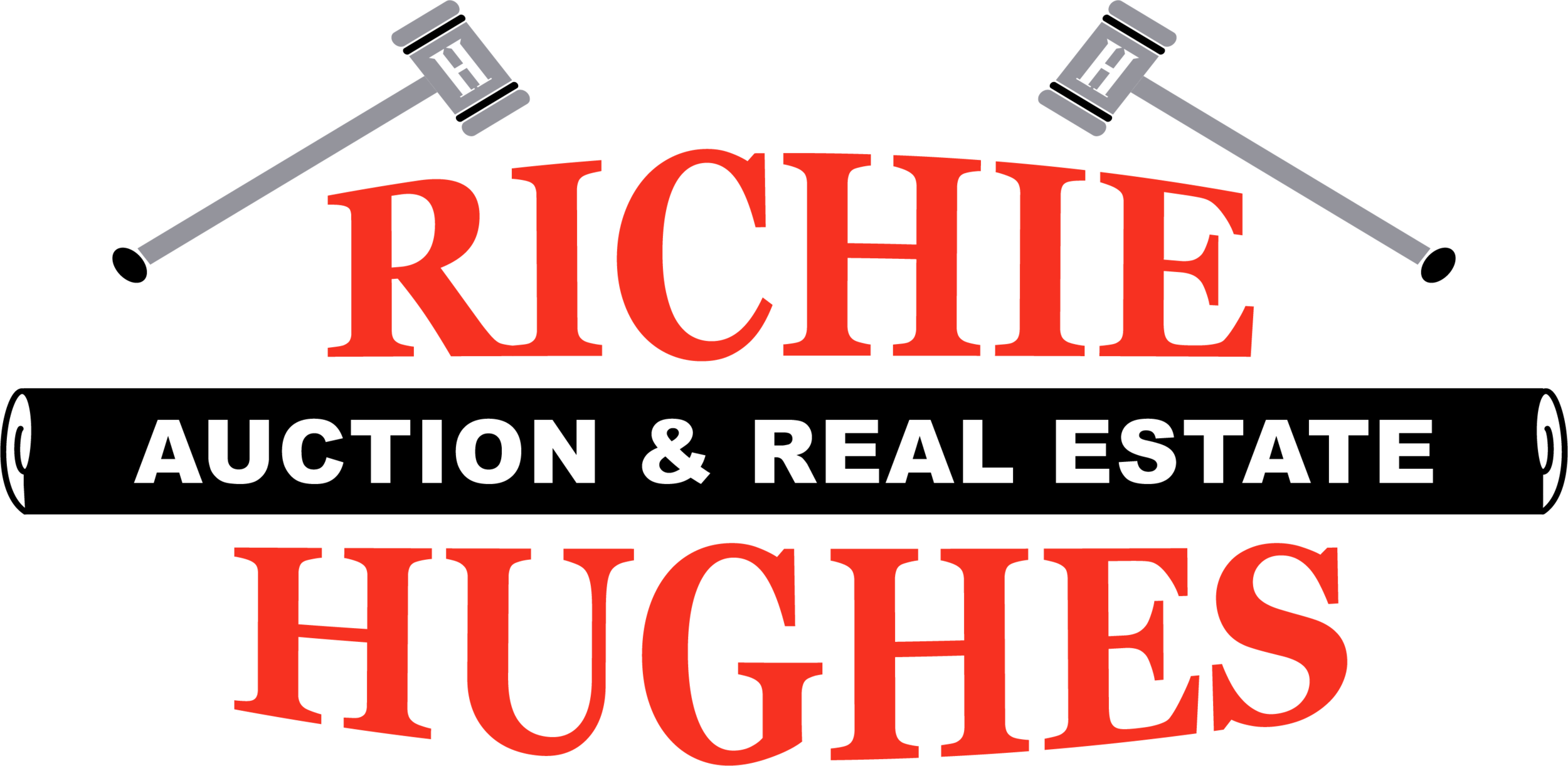Auction Terminology
Absentee Bidder: A person who may not attend the sale but submits, in advance, a written or oral bid that is the top price he/she will pay for a given property.
Absolute Auction: The property sells to the highest bidder regardless of price. This typically generates a much greater interest among potential buyers resulting in greater attendance at the auction, and a higher final sale price for the item in question.
Appraisal: The act or process of estimating value.
AS-IS: Selling the real or personal property without warranties as to the condition and/or the fitness of the property for a particular use. Buyers are solely responsible for examining and judging the property for their own protection. Otherwise known as "As Is, Where Is" and "In its Present Condition.
Auction: A method of selling property in a public forum through open and competitive bidding. Also referred to as: public auction, auction sale or sale.
Auctioneer: The person whom the seller engages to direct, conduct, or be responsible for a sale by auction. This person may or may not actually "call" or "cry" the auction.
Auction Block: The podium or raised platform where the auctioneer stands while conducting the auction. "Placing (an item) on the auction block" means to sell something at auction.
Bid: A prospective buyer's indication or offer of a price he/she will pay to purchase property at auction. Bids are usually in standardized increments established by the auctioneer.
Bid History: A historical list of all the bids made on a particular auction during or after the auction.
Bidders Choice: When selling choice, the auctioneer is offering more than one item up for auction at a time. The winning bidder then has the choice to take one item or multiple items. If the bidder wishes to take more than one item, the bid price will be multiplied by the amount of items the bidder chooses.
Bank Letter of Credit / Guarantee
A letter from a bank certifying that a named person is worthy of a given level of credit. Most often this is required when paying with none certified funds.
Bid Increments: The standardized amount an item increases in price after each new bid. The auction service sets the increment, which rises according to the present high bid value of an item.
Bidder Card Number: The number issued to each person who registers at an auction.
Buyer’s Premium: An amount (usually a percentage) that is added to the winning bid (hammer price) to determine the contract selling price which the buyer pays for the property being sold.
Bidder Registration: The process of registering your identity and ability to pay for successful bids. This is essential before bidding.
Broker Participation: An arrangement for third-party brokers to register potential bidders for properties being sold at auction for a commission paid by the owner of the property or the auction firm.
Catalog or Flier: A publication advertising and describing the property(ies) available for sale at public auction, often including photographs, property descriptions and the terms and conditions of the sale.
Clerk: The person employed by the principal auctioneer or auction firm to record what is sold, to whom and for what price.
Commission: The fee charged to the seller by the auctioneer for providing services–usually a percentage of the gross selling price of the property established by contract (the listing agreement) prior to the auction.
Consignee: The auctioneer or auction house operator to whom goods are entrusted by another (consignor) for sale at auction.
Consignor: The person or authorized agent or entity that consigns goods to an auctioneer. The consignor is usually the seller.
Deceased Estate Auction: The sale of property left by a person at his/her death. A deceased estate auction can involve the sale of personal and/or real property.
Due Diligence: The process of gathering information about the condition and legal status of assets to be sold.
Escrow: Money held in trust by a third party until the seller makes delivery of merchandise to the buyer.
Hammer Price: Price established by the last bidder and acknowledged by the auctioneer before dropping the hammer or gavel to indicate a sale is completed.
Lot: An item or set of items for sale in an auction, lots are normally denoted by a "lot" number.
On-site Auction: An auction conducted on the premises of the property being sold.
On-site Bidder: A bidder who is physically participating at the auction venue.
Outbid: To submit a maximum bid that is higher than another buyer's maximum bid.
Preview: Specified date and time a property is available for prospective buyer viewing in advance of the sale. Also known as open house or inspection.
Reserve Auction: The seller establishes a confidential reserve price and has the right to accept or decline the highest bid if it falls below the established reserve. If the reserve auction method is chosen, it is imperative that the reserve price b
Sealed Bid Auctions: Each bidder submits a single, irrevocable bid without knowledge of the other bids. When the bidding period is closed, the bids are opened simultaneously, and the winner is the highest bidder.
Terms and Conditions: The legal terms set forth for an auction which includes condition of property to be sold, acceptable payment terms, buyer's premiums, possession & removal of property, absolute or reserve auction and any other terms of the sale.
Tie Bids: When more than one bidder bids the same amount at the same time and must be resolved by the auctioneer.
Times the Money: The price you bid will be ‘times the number of items’ in the lot. Example: Lot #88 has 4 dolls and the auctioneer says this lot is ‘times the money. If you bid $25.00, you are bidding $25.00 per doll. You would pay $25 X 4 = $100.00 (plus buyers premium and sales tax, if applicable).
Traditional Auction: An auction that is conducted in front of a live audience at a physical location where the items for sale are located.
